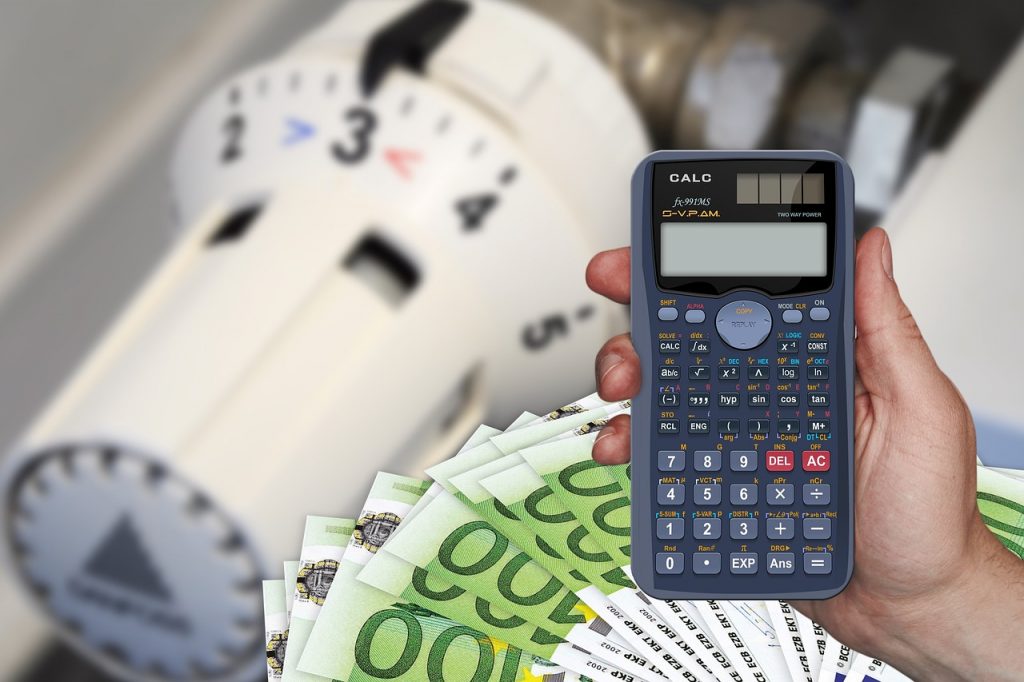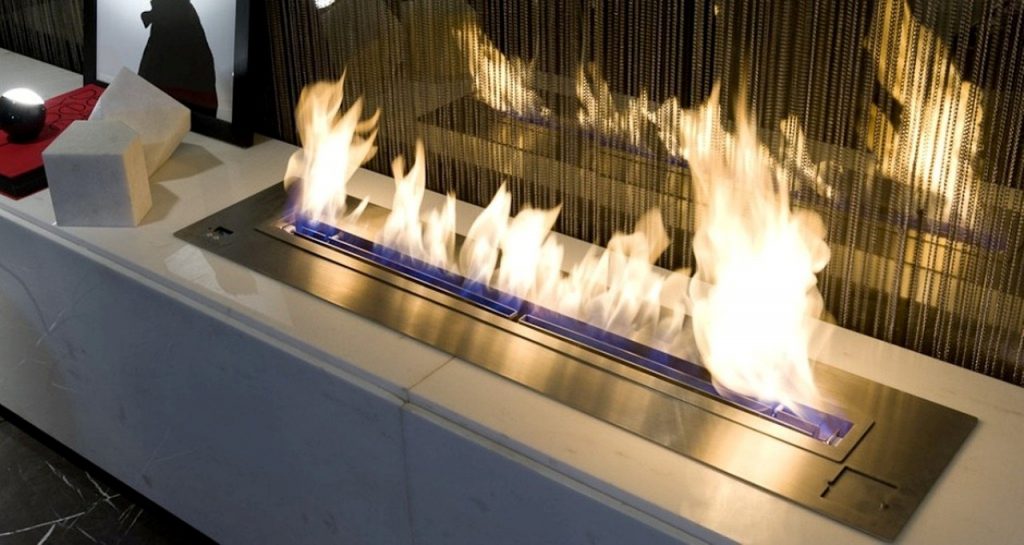Underfloor heating is becoming a bit of a hot topic in Devon. Quite literally. More homeowners are swapping out their traditional radiators for this sleek, modern heating solution. But is it actually worth the investment, or is it just another home improvement trend? Let’s break it down.
How Underfloor Heating Works
At its core, underfloor heating (UFH) does what the name suggests: it heats your home from the floor up. There are two main types—electric and water-based (hydronic).
- Electric underfloor heating involves thin heating cables or mats placed under your flooring. It’s great for smaller spaces like bathrooms and is relatively easy to install.
- Water-based systems use pipes beneath the floor to circulate warm water from your boiler. Though more complex to install, they’re highly efficient, especially for larger areas.
Instead of blasting heat from a bulky, wall-mounted radiator, UFH provides a consistent, even warmth throughout the room. No more cold toes on winter mornings!
Why Choose Underfloor Heating Over Radiators?
Traditional radiators have done the job for decades, so why switch? Well, UFH brings several advantages that are hard to ignore.
1. Better Comfort & Even Heat Distribution
Radiators create hot and cold spots. Often leaving one half of the room toasty while the other stays chilly. Underfloor heating spreads warmth evenly, turning your entire floor into a giant, gentle heater.
2. Energy Efficiency & Lower Bills
Heating from the ground up means the warmth stays where you need it rather than rising straight to the ceiling. Water-based underfloor systems can run at lower temperatures than traditional radiators, reducing energy consumption and cutting down those heating bills.
3. More Space & A Sleek Look
No more clunky radiators taking up precious wall space. This is a game-changer for interior design, making rooms feel more open and giving you complete freedom with furniture placement.
4. Healthier Indoor Air Quality
This one’s often overlooked. Radiators create convection currents that stir up dust and allergens, which isn’t great for allergy sufferers. Underfloor heating reduces this movement, helping to maintain a cleaner, healthier indoor environment.
Cost & Installation Considerations
Of course, these benefits come at a price. The cost of installing underfloor heating in Devon depends on the type of system, the size of the space, and the flooring materials.
- Electric UFH is cheaper to install (£50-£100 per square metre), but it can be more expensive to run.
- Water-based UFH has higher upfront costs (£80-£150 per square metre) but is much more economical over time.
Installation can be straightforward if incorporated into a larger renovation or new build, but retrofitting UFH requires lifting existing flooring, which adds labour costs and time. If your current floor isn’t suited for UFH, extra work may be needed to improve insulation, ensuring maximum efficiency.
Some homeowners opt for partial installations, such as in bathrooms and kitchens, to enjoy the benefits without the steep price tag of a full-home conversion.
Best Flooring for Underfloor Heating
Not every flooring type is ideal for UFH, so choosing the right one is key.
- Best Choices: Tile, stone, and polished concrete retain and transfer heat efficiently, making them perfect for UFH.
- Good Options: Engineered wood works well, but solid hardwood can be tricky due to expansion from heat.
- Not Ideal: Carpet, especially thick underlays, can reduce heat output. Laminate and vinyl are usable but require compatibility checks.
Before making your final decision, check manufacturer guidelines to ensure your chosen flooring can handle consistent heat exposure.
So, Is It Worth the Investment?
For homeowners in Devon looking for energy efficiency, space-saving, and long-term comfort, underfloor heating is a fantastic option. While the upfront cost can be daunting, the long-term energy savings and improved living experience often make it a worthwhile upgrade.
If your home is already undergoing renovations, then it’s an opportune time to install UFH. But if you’re in an older property with solid floors, the costs of retrofitting might outweigh the benefits.
Final Thoughts
Underfloor heating isn’t just about luxury. It’s a modern, efficient way to heat a home. If you plan to stay in your house for years to come, it’s an investment that adds value, enhances comfort, and lowers energy costs in the long run.
Thinking about installing UFH but unsure about the specifics? Consulting a local heating specialist in Devon can help you find the best option for your home.
Frequently Asked Questions
Does underfloor heating work with all types of flooring?
Not all floors are ideal for UFH. Tile, stone, and polished concrete are the best options, while carpets and solid hardwood may hinder heat performance. Always check manufacturer guidelines to ensure compatibility.
Is underfloor heating expensive to run?
Water-based UFH systems are highly energy-efficient and can reduce heating bills over time. Electric UFH is easier to install but tends to be more costly to run, especially in larger spaces.
How long does underfloor heating take to install?
Installation time varies. Electric UFH can often be laid within a day or two, while water-based systems require more work and can take a week or more, especially if extensive floor adjustments are needed.
Can underfloor heating replace radiators entirely?
Yes, in many cases. A well-designed UFH system provides sufficient warmth without the need for additional radiators. However, in older homes with poor insulation, some supplementary heating might still be needed.
Is underfloor heating a good investment for Devon homes?
Absolutely. Especially in colder months when keeping homes warm is essential. It improves energy efficiency, adds value to your property, and enhances overall comfort, making it a smart long-term investment.




